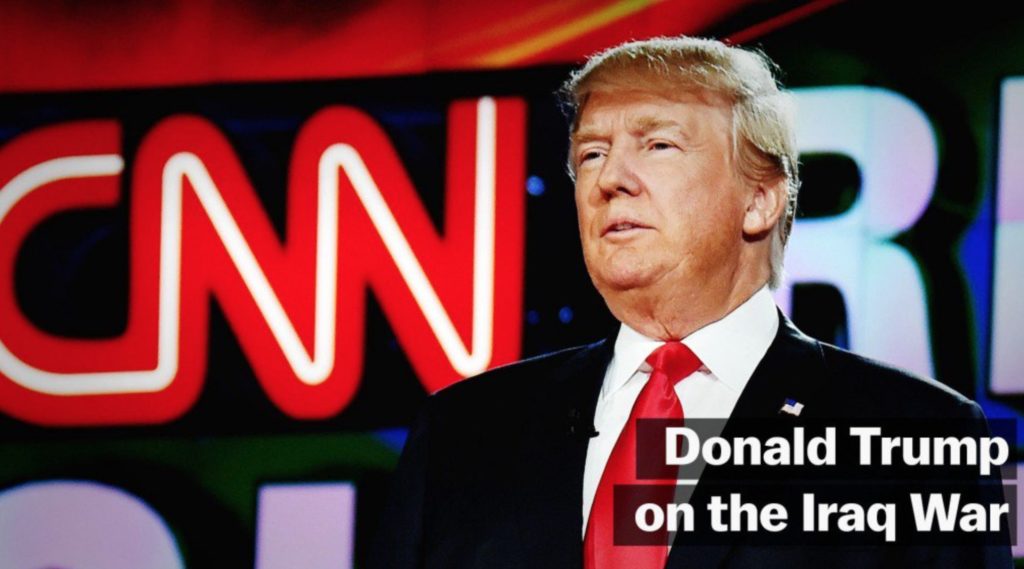Deutsche Bank concerns just went to '11' as Bloomberg reports a number of funds that clear derivatives trades with Deutsche Bank AG have withdrawn some excess cash and positions held at the lender, a sign of counterparties’ mounting concerns about doing business with Europe’s largest investment bank.
While the vast majority of Deutsche Bank’s more than 200 derivatives-clearing clients have made no changes, some funds that use the bank’s prime brokerage service have moved part of their listed derivatives holdings to other firms this week, according to an internal bank document seen by Bloomberg News.
Millennium Partners, Capula Investment Management and Rokos Capital Management are among about 10 hedge funds that have cut their exposure, said a person familiar with the situation who declined to be identified talking about confidential client matters.
The hedge funds use Deutsche Bank to clear their listed derivatives transactions because they are not members of clearinghouses. Millennium, Capula and Rokos declined to comment when contacted by phone or e-mail.
[which explains why short-dated CDS is soaring]

“Our trading clients are amongst the world’s most sophisticated investors,” Michael Golden, a spokesman for Deutsche Bank, said in an e-mailed statement.
“We are confident that the vast majority of them have a full understanding of our stable financial position, the current macroeconomic environment, the litigation process in the U.S. and the progress we are making with our strategy.”
Clients review their exposure to counterparties to avoid situations like the 2008 collapse of Lehman Brothers Holdings Inc. and MF Global’s 2011 bankruptcy when hedge funds had billions of dollars of assets frozen until the resolution of lengthy legal proceedings.
Deutsche Bank Stock in NY are sliding…

If the most sophisticated professionals in the world are withdrawing cash, why are German depositors leaving their life savings at risk… ahead of a long weekend in Germany (Monday is a bank holiday).
* * *
And for those believing that there is no contagion and this is all ring-fenced…


via http://ift.tt/2daisGV Tyler Durden
